The Demise Of Egyptian Mysteries
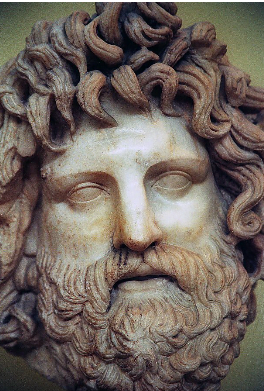
Imitating Egypt
Following the conquest of Egypt by Alexander the Great, the Greeks became attracted to and began to imitate Egyptian religion in its entirety. Egyptian religion became very popular; and during the Roman occupation, it spread not only to Italy, but throughout the Roman Empire. However, this attraction to the mysterious worship of the Nile-land proved to be a fatal one, leading to the demise of Egyptian Mysteries.
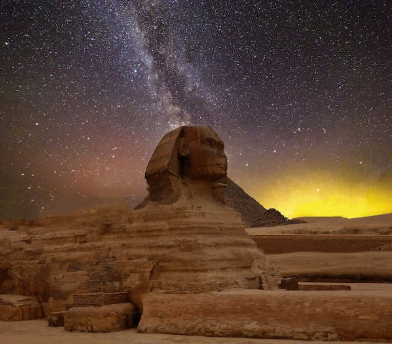
Combining the Ancient Gods
This demise of Egyptian Mysteries began in the 3rd c. BCE during the reign of Ptolemy I Soter, who sought to unify the Egyptian and Greek populations. Characterized by a combining of the Gods of the Osirian Cycle and the Graco-Egyptian Serapis, this syncretization of Egyptian religion aimed at a close imitation of the Nile-land. Greeks, being in awe of the obelisks and sphinxes, linen vestments, priests and wonderful mysteries underlying the rituals, found Egyptian religion extremely alluring, yet, subsequently obstructive to the rise of Christianity.

Failure Imitating Egyptian Religion
Conservatism of the Egyptian mysteries along with murky philosophical abstractions of Graco-Roman religion accounted for the advancement of Egyptian religion. A staunch faith accompanied by their mysterious forms of worship led to the ubiquitous conclusion among the ancients that Egypt was not only the Holy Land, but the holiest of lands and countries, the land where God dwells. Pilgrims who journeyed there and experienced its marvelous revelations and spiritual blessings, returned home convinced the Nile was the land of most profound religious knowledge.
The Greeks failed to imitate Egyptian conservatism not only in Egyptian cities with large Greek population, but in Europe as well. Egyptian divinities were corrupted with Greek and Asiatic names and mythologies, and reduced to vague pantheistic personalities, so that Isis and Osiris retained very little of their Egyptian origin. (Max Muller p. 241-243; Egyptian Mythology). Consequently, failing to advance Egyptian Philosophy, they also failed to advance Egyptian religion. This failure has led to the demise of Egyptian Mysteries.
Egyptian religion continued unabated and uninterrupted throughout the first four centuries of the Christian or common era; however, succeeding the Edict of Theodosius, ordering the close of Egyptian temples, Christianity began to spread more rapidly. Both the religion of Egypt and that of Greece began to die.
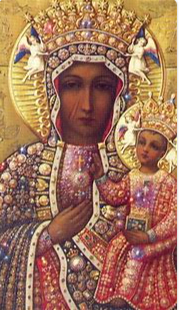
Final Edict Leads To Demise Of Egyptian Mysteries
Justinian issued a second edict in the sixth century A.D. which suppressed the remainder of Egyptian religious adherents, and propagated Christianity among the Nubians. With the death of the last priests who could read and interpret “the writings of the words of the Gods” (hieroglyphics), the Egyptian faith sank into oblivion. Only in popular magic did some practices linger on as faded footprints of a faith that had become a universal religion; the survival of a statue of Isis and Horus which were regarded as the Madonna and Child being one prime example.
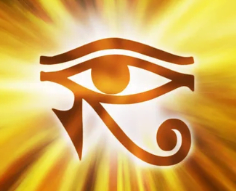
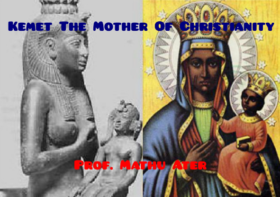
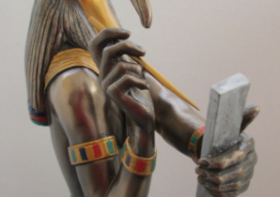
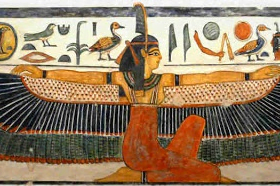
Leave a Reply